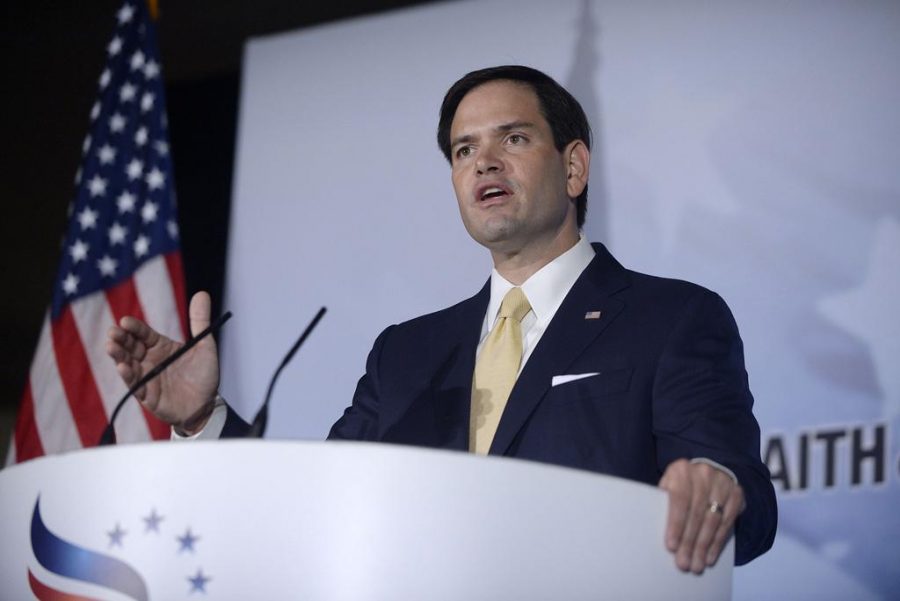“Welders make more money than philosophers. We need more welders and less philosophers.”
Sen. Marco Rubio made this assertion at Tuesday night’s Republican primary debate — it’s meant to illustrate his main gripe with the U.S. education system.
While the first part of his quote is false — Americans with philosophy degrees make more than welders on average, according to PayScale — Rubio still has a point. There is little opportunity for students to learn vocational skills in high school. Consequently, if you don’t go to college to get a degree, you most likely won’t have the skills to compete in the workforce and obtain a livable wage — making a college degree an all-or-nothing type of venture.
In 2014, about 9.3 million Americans were unemployed, which equated to an unemployment rate of about 6.5 percent. Yet at the same time, there were about 4.8 million available job slots — jobs that employers couldn’t fill because of a lack in human capital, according to a report by The Atlantic. Most of these open job slots were in the technology sector, meaning that if more of these unemployed workers had the relevant skills, they could have potentially occupied these job slots.
Today, less than 5 percent of young Americans train as apprentices in a vocational field. This is as compared to Germany, where 60 percent of young people train as vocational apprentices. Vocational training in Germany is state sponsored.
It seems Germany has realized the academic track isn’t for everyone, and it has compensated for this by providing those who don’t pursue higher education with skills needed for livable work.
Meanwhile, in the United States, only 55 percent of college undergraduates who enrolled in 2008 finished a degree within six years, according to The National Student Clearinghouse — that’s the lowest college completion rate in the developed world. Since students don’t receive proper training in vocational skills in high school, as mentioned above, they have little to fall back on.
We need to make a future for Americans who don’t earn college degrees. According to Pew Research Center, those people with a bachelor’s degree earn, on average, $15,500 more than people with just a high school diploma.
We can narrow this pay gap by providing vocational training to students in high school — federal investments in vocational-technical programs can help to achieve this. Schools can then create separate vocational-technical curriculums for their students. This will give them the choice to pursue vocational skills over the general skills high schools cater toward colleges. Students who don’t enter college will then have a fighting chance in obtaining a rewarding career.
Of course, we need more than vocational skills to narrow the pay gap between college grads and non-college grads. The federal government must raise the minimum wage as well so that all without a college degrees can earn a livable wage too.
Raising the minimum wage, of course, is a strategy that Rubio is strictly against, but we must implement a raise if we want to further decrease the need for U.S. workers to pursue a college degree — which is what Rubio ultimately supports.
“What makes America special is that we have millions and millions of people that are not rich, that through hard work and perseverance are able to be successful,” Rubio said in the debate before his welder versus philosopher comment.
People in America can work hard, but without the right opportunities or wages, they won’t be fiscally “successful.”


